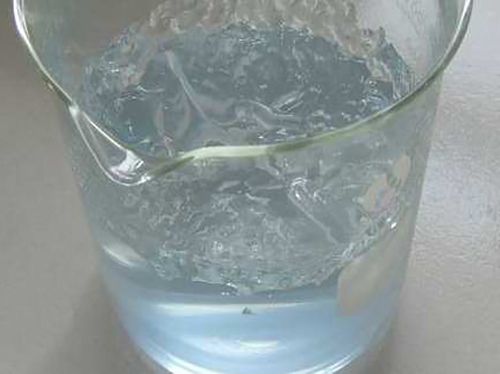scale inhibitor water treatment
Scale Inhibitor Water Treatment An Essential Solution for Industrial Applications
Water is a vital resource across various industries, from power generation and petrochemical processes to food production and agriculture. However, the presence of dissolved minerals in water, particularly calcium and magnesium, often leads to scale formation. This unwanted buildup can cause significant operational challenges, including reduced efficiency, increased energy consumption, and costly maintenance. To combat these issues, scale inhibitor water treatment has emerged as a critical technology in preventing scale formation and ensuring the smooth operation of industrial processes.
Understanding Scale Formation
Scale formation occurs when the concentration of dissolved minerals in water exceeds their solubility limit, leading to precipitation. This phenomenon can create hard deposits on surfaces such as heat exchangers, boilers, and pipes. The formation of scale not only reduces the effectiveness of heat transfer but also increases the risk of equipment failure, leading to unscheduled downtime and financial losses. Traditional methods of combating scale, such as chemical cleaning and physical removal, are often insufficient and can be costly and time-consuming.
The Role of Scale Inhibitors
Scale inhibitors are chemical additives designed to prevent the precipitation of scale-forming minerals. They function by altering the crystallization process, preventing minerals from forming solid deposits. By keeping minerals suspended in the water, scale inhibitors reduce the tendency for scale to form on surfaces. Various types of scale inhibitors are available, including organic polymers, phosphonates, and polycarboxylates, each tailored to specific water chemistries and temperature conditions.
Mechanism of Action
The effectiveness of scale inhibitors is based on several mechanisms. First, they can interfere with the nucleation process, where dissolved minerals start to form crystals. Inhibitors can modify the surface tension and zeta potential of these crystals, preventing them from growing to a size that would cause deposition. Second, some inhibitors can form complexes with calcium and magnesium ions, rendering them less likely to combine and precipitate as scale. Additionally, they can enhance the dispersion of particles that would otherwise settle and create deposits.
scale inhibitor water treatment

Applications in Industry
Scale inhibitors prove to be highly versatile and are used across a wide range of industries. In the power generation sector, they are essential for maintaining the efficiency of cooling systems and preventing fouling in heat exchangers. The oil and gas industry employs scale inhibitors to prevent blockages in pipelines and ensure optimal flow rates. In the food and beverage industry, maintaining equipment cleanliness and efficiency is crucial, and scale inhibitors are used to protect against scaling in water systems.
Benefits of Scale Inhibitor Treatment
Implementing scale inhibitor water treatment offers numerous advantages. Firstly, it significantly reduces the frequency and intensity of mechanical cleaning, yielding substantial cost savings in maintenance. Secondly, it enhances equipment efficiency, which can lead to lower energy consumption and an overall reduction in operational costs. Moreover, by minimizing downtime due to scale-related issues, industries can optimize production workflows and improve profitability.
Environmental Considerations
In a world increasingly focused on sustainability, the use of scale inhibitors aligns with environmental goals. By reducing the need for harsh chemical cleaning agents and minimizing water wastage from frequent maintenance, scale inhibitor treatments can contribute to more sustainable industrial practices. Furthermore, many modern scale inhibitors are designed to be biodegradable and less harmful to aquatic ecosystems, making them an ecologically sound choice.
Conclusion
In summary, scale inhibitor water treatment is an essential solution for industries facing the challenges of scale formation. By employing these effective chemicals, businesses can improve operational efficiency, reduce maintenance costs, and contribute to sustainable practices. As industries continue to evolve and prioritize efficiency and sustainability, the role of scale inhibitors will undoubtedly become even more significant, ensuring that essential processes can continue seamlessly.
-
Water Treatment with Flocculant Water TreatmentNewsJun.12,2025
-
Polymaleic AnhydrideNewsJun.12,2025
-
Polyaspartic AcidNewsJun.12,2025
-
Enhance Industrial Processes with IsothiazolinonesNewsJun.12,2025
-
Enhance Industrial Processes with PBTCA SolutionsNewsJun.12,2025
-
Dodecyldimethylbenzylammonium Chloride SolutionsNewsJun.12,2025





